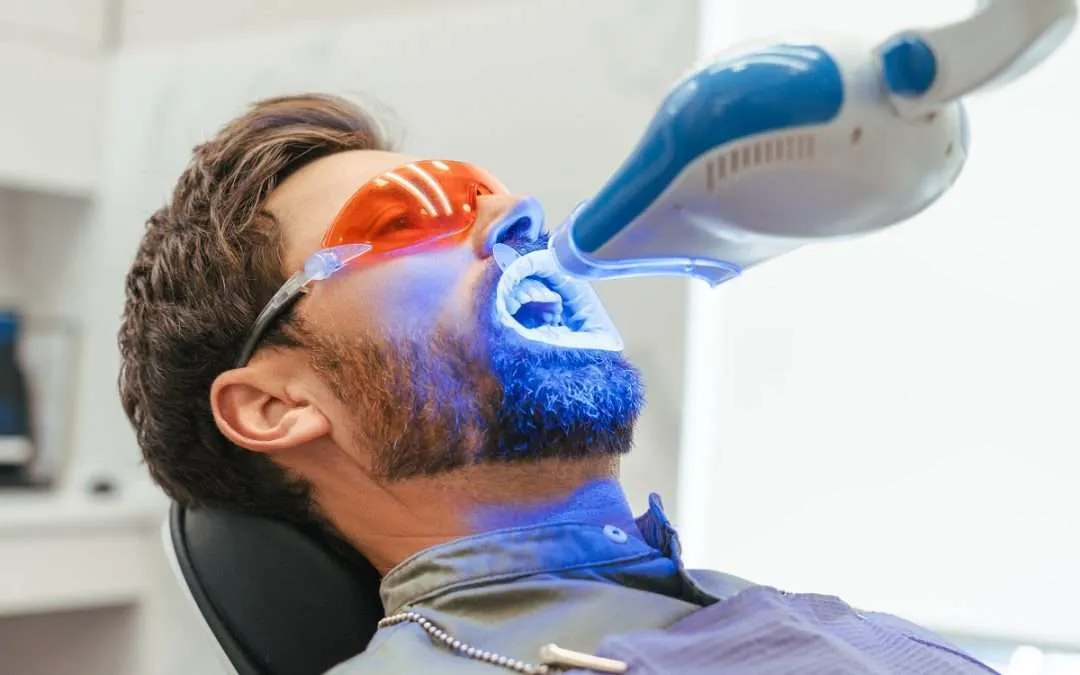Teeth Whitening Aftercare Top 5 Mistakes
Achieving a brighter, whiter smile through teeth whitening is a fantastic way to boost your confidence. However, the success of your whitening treatment doesn’t solely depend on the procedure itself; it also hinges on your aftercare routine. Unfortunately, many people unknowingly make mistakes that can undermine their results. Understanding these common pitfalls is crucial for maintaining a dazzling smile and ensuring your investment in teeth whitening pays off. This guide will highlight the top 5 mistakes to avoid after teeth whitening, helping you keep your pearly whites shining. Remember, proper aftercare is essential for long-lasting results and preventing potential complications.
Consuming Staining Foods and Drinks
One of the most significant mistakes people make after teeth whitening is consuming foods and drinks that can stain their teeth. During the whitening process, the pores in your enamel open up, making your teeth more susceptible to absorbing color. This heightened sensitivity lasts for about a week or two following the procedure. Therefore, it’s essential to be mindful of what you eat and drink during this time. Avoiding staining agents is paramount to prevent your newly whitened teeth from discoloring. This means being vigilant about what you consume to protect your investment in a brighter smile. By being aware and making smart choices, you can significantly extend the lifespan of your whitening results and keep your smile looking its best.
Coffee
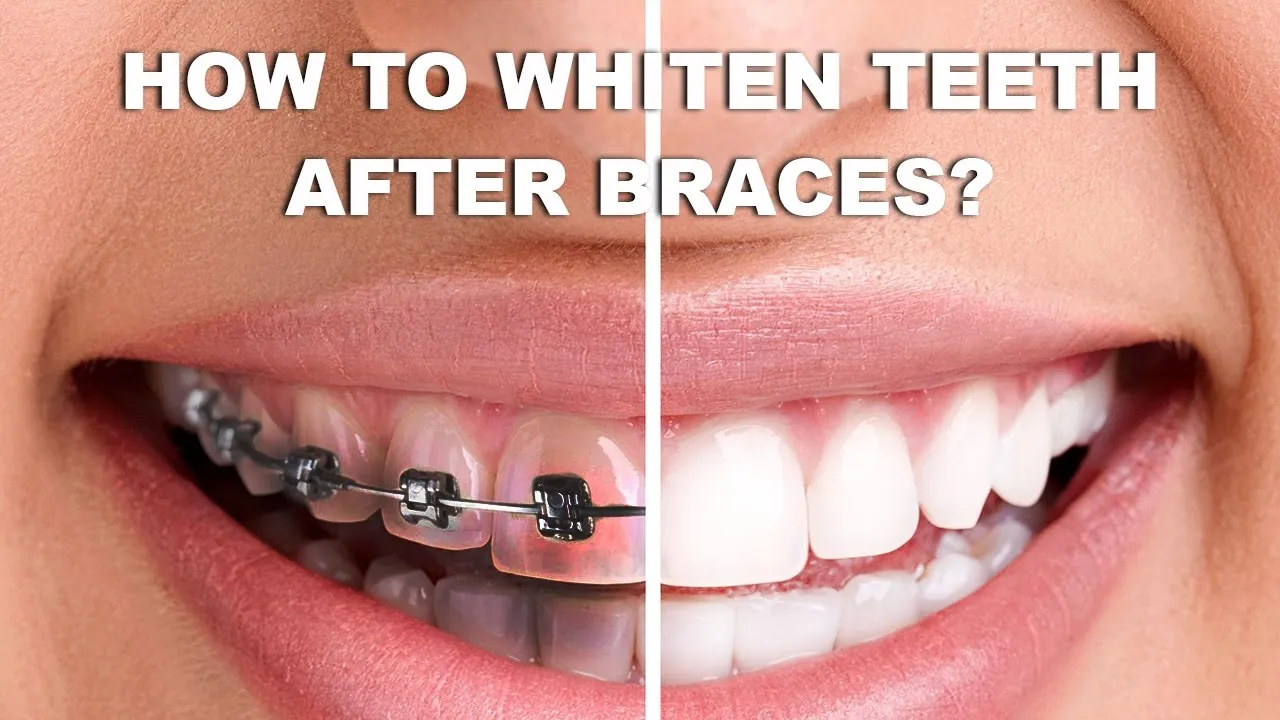
Coffee is a notorious offender when it comes to staining teeth. The dark pigments in coffee can easily penetrate the enamel, leading to discoloration. Even if you drink coffee with milk, the staining effect is still present, although it might be less pronounced. During the aftercare period, it’s best to avoid coffee altogether. If you absolutely must have your caffeine fix, consider switching to a clear beverage like herbal tea or drinking your coffee through a straw to minimize contact with your teeth.
Tea
Similar to coffee, tea contains tannins that can stain teeth. Black tea and green tea are particularly high in tannins. Even lighter teas like white tea can contribute to staining, although the effect is generally less intense. To protect your newly whitened teeth, it’s advisable to avoid all types of tea for at least the first week or two after your whitening treatment. If you crave a warm beverage, opt for herbal teas that are naturally clear or lightly colored.
Red Wine
Red wine is another major culprit for staining. The deep red color comes from pigments that can easily latch onto your teeth and cause discoloration. The acidity of red wine can also erode the enamel, making your teeth even more vulnerable to staining. Avoiding red wine during the aftercare period is crucial. If you’re looking for an alternative, consider clear alcoholic beverages like vodka or gin. These drinks are less likely to stain your teeth compared to red wine.
Dark-Colored Sodas
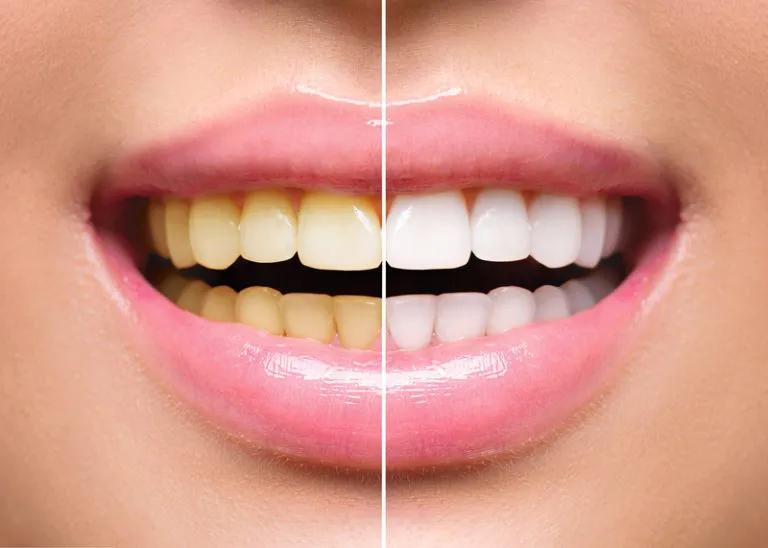
Dark-colored sodas, such as cola and root beer, are loaded with artificial coloring agents and acids that can stain and erode tooth enamel. The combination of these factors makes these beverages a significant threat to your whitening results. Avoiding these drinks during your aftercare is vital to maintain a bright smile. Opting for clear sodas or sparkling water is a better choice as they pose less risk of staining. Furthermore, the sugar content in sodas can contribute to tooth decay, so limiting your consumption is beneficial for your overall oral health.
Berries
Berries, such as blueberries, raspberries, and blackberries, contain intense pigments that can stain your teeth. These pigments can easily penetrate the enamel and cause discoloration. Even berry-flavored products like jams, juices, and smoothies can have a staining effect. Therefore, it’s essential to avoid berries and berry-based products during your aftercare period. If you crave fruit, consider lighter-colored options like bananas or apples, which are less likely to stain your teeth.
Smoking or Using Tobacco Products
Smoking and using tobacco products is detrimental to your overall health and can quickly undo the effects of teeth whitening. The nicotine and tar in tobacco products cause significant staining, leading to yellowing and discoloration of the teeth. The porous nature of your enamel after whitening makes your teeth even more vulnerable to these staining agents. If you want to maintain your bright, white smile, it’s crucial to avoid tobacco products altogether.
Why Smoking is Harmful After Whitening
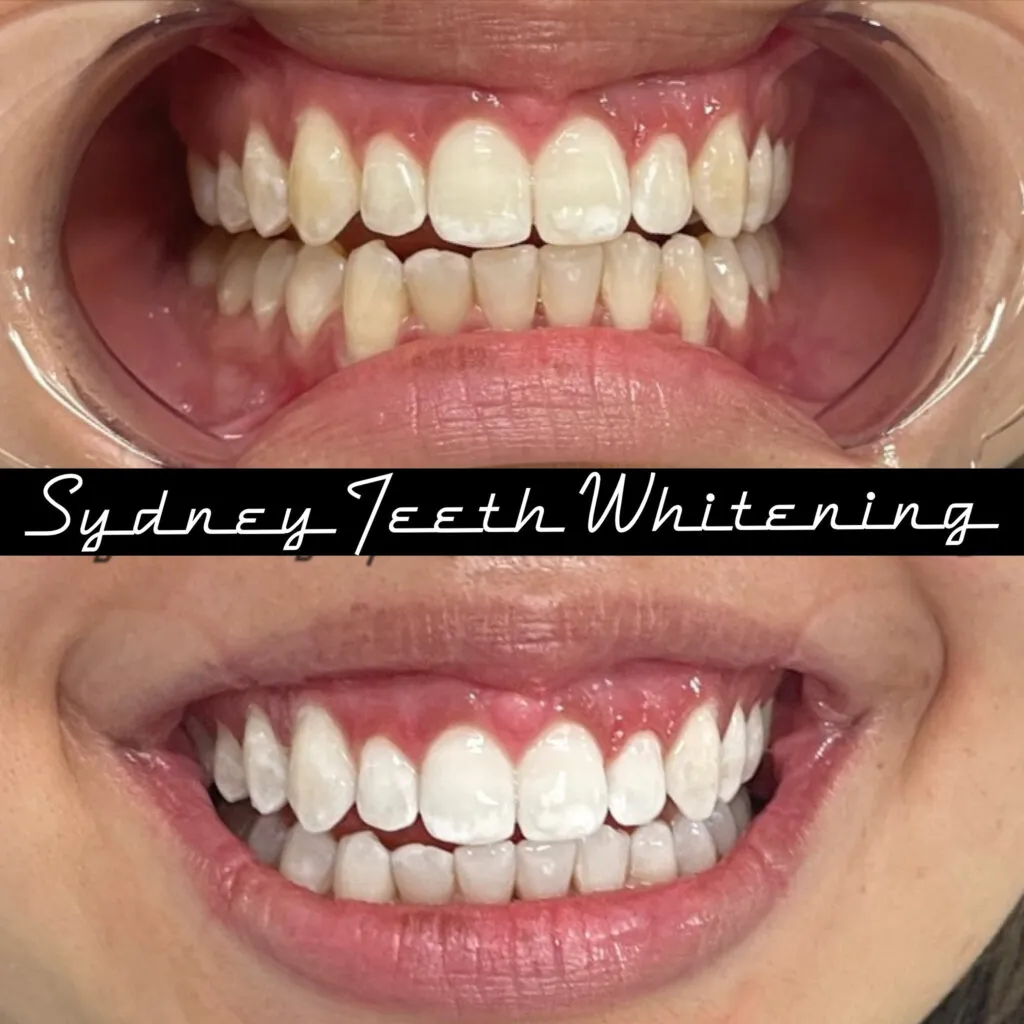
Smoking introduces a host of chemicals and compounds that aggressively stain the teeth. The tar and nicotine found in cigarettes are notorious for causing yellowing and brown discoloration. Moreover, smoking reduces saliva production, which naturally cleanses the mouth and protects against staining. The combination of staining agents and reduced protective mechanisms makes smoking a significant threat to your whitening results. Regular smoking will quickly diminish the effects of your whitening treatment, requiring more frequent and costly touch-ups. Consider the investment you made in teeth whitening and how smoking directly undermines those efforts.
Alternative to Tobacco
Quitting smoking is one of the best decisions you can make for your oral health and overall well-being. If you’re a smoker, consider using nicotine replacement therapy or seeking professional support to quit. Avoiding tobacco products ensures your teeth whitening results last longer. There are many resources available to help you quit, including support groups, counseling, and medications. The benefits of quitting go far beyond a brighter smile; they include improved health, increased energy, and a better quality of life.
Neglecting Oral Hygiene
Proper oral hygiene is essential for maintaining a healthy and bright smile, both before and after teeth whitening. Neglecting your oral hygiene routine can lead to a build-up of plaque and tartar, which can dull your teeth and undermine the whitening treatment. It is important to take good care of your teeth. Following a regular routine will help keep your teeth clean and bright. This will also help you avoid tooth decay and gum disease.
Brushing Too Hard
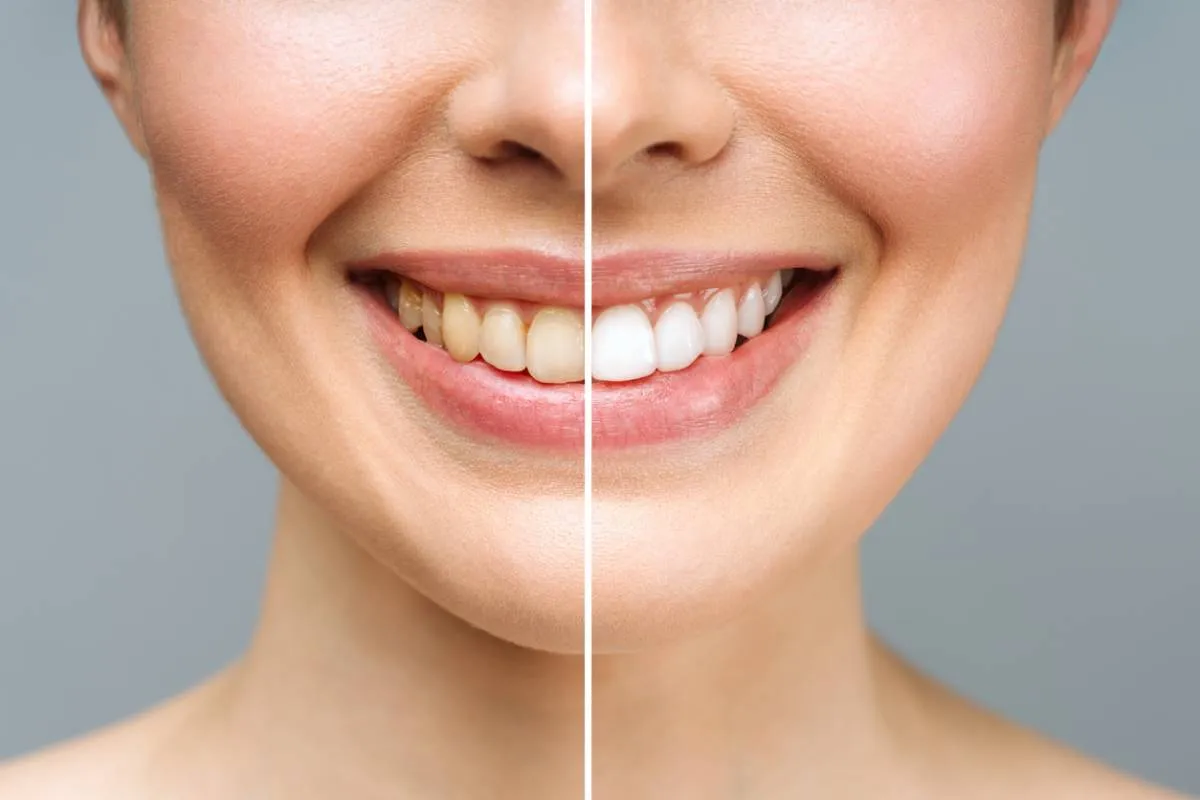
Brushing your teeth too aggressively can be counterproductive, even after teeth whitening. Using excessive force can wear down your enamel, making your teeth more susceptible to staining and sensitivity. This can also irritate your gums and cause them to recede. It is important to brush gently, using a soft-bristled toothbrush and circular motions. Avoid scrubbing your teeth back and forth with excessive pressure. Take the time to brush for the dentist recommended amount of time, ensuring that every surface of your teeth is cleaned without causing damage.
Using Harsh Toothpastes
Some toothpastes contain abrasive ingredients that can damage your enamel and increase sensitivity. After teeth whitening, your teeth are already more sensitive, so using harsh toothpastes can exacerbate this issue. Choose a toothpaste that is specifically designed for sensitive teeth. These toothpastes usually contain ingredients like potassium nitrate, which helps to reduce sensitivity. Moreover, they are formulated with gentler abrasives, which helps to clean your teeth without damaging the enamel. Consulting with your dentist about the best toothpaste for your needs is always a great idea.
Not Following Aftercare Instructions
Teeth whitening treatments come with specific aftercare instructions provided by your dentist or the product manufacturer. Failing to follow these instructions can significantly reduce the effectiveness of the whitening and lead to complications. These instructions are tailored to your specific treatment and are designed to maximize your results and protect your oral health. Ignoring these guidelines can lead to disappointment and may require additional treatments to achieve the desired outcome.
Importance of Following Instructions
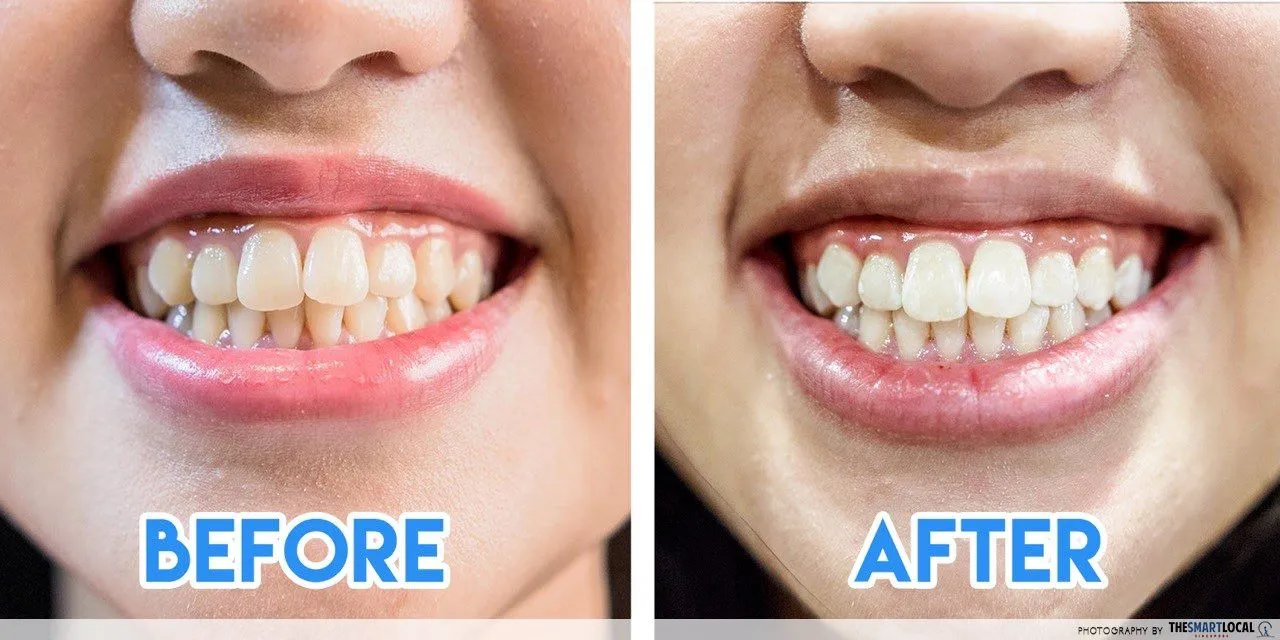
Aftercare instructions are essential for maintaining your whitened smile and preventing any potential side effects. These instructions typically include guidelines on what foods and drinks to avoid, how to maintain good oral hygiene, and how to manage any sensitivity. Following these instructions carefully ensures that your teeth whitening results last as long as possible and that you experience minimal discomfort. If you have any questions or concerns, do not hesitate to contact your dentist for clarification. Their expertise will help you to navigate the aftercare process successfully.
Common Mistakes and Their Solutions
Some common mistakes include not avoiding staining foods and drinks, not brushing gently, and not using the right toothpaste. Each mistake has a simple solution. Avoiding staining foods and drinks is crucial for maintaining your results. By choosing clear or light-colored alternatives for your beverages and opting for light-colored foods, you can prevent your teeth from re-staining. Gentle brushing and using toothpaste formulated for sensitive teeth also help. Following these guidelines ensures you get the most out of your teeth whitening treatment and that your results last for a long time. Make sure to create a routine and follow the steps provided by your dentist.
Ignoring Sensitivity
Teeth sensitivity is a common side effect of teeth whitening. It occurs when the whitening agents penetrate the enamel and irritate the nerves in your teeth. While this sensitivity is usually temporary, it’s important to manage it properly to ensure your comfort and prevent any long-term issues. Ignoring sensitivity can make the experience uncomfortable and could potentially lead to other complications. If your teeth become overly sensitive, consult your dentist for advice.
Managing Sensitivity
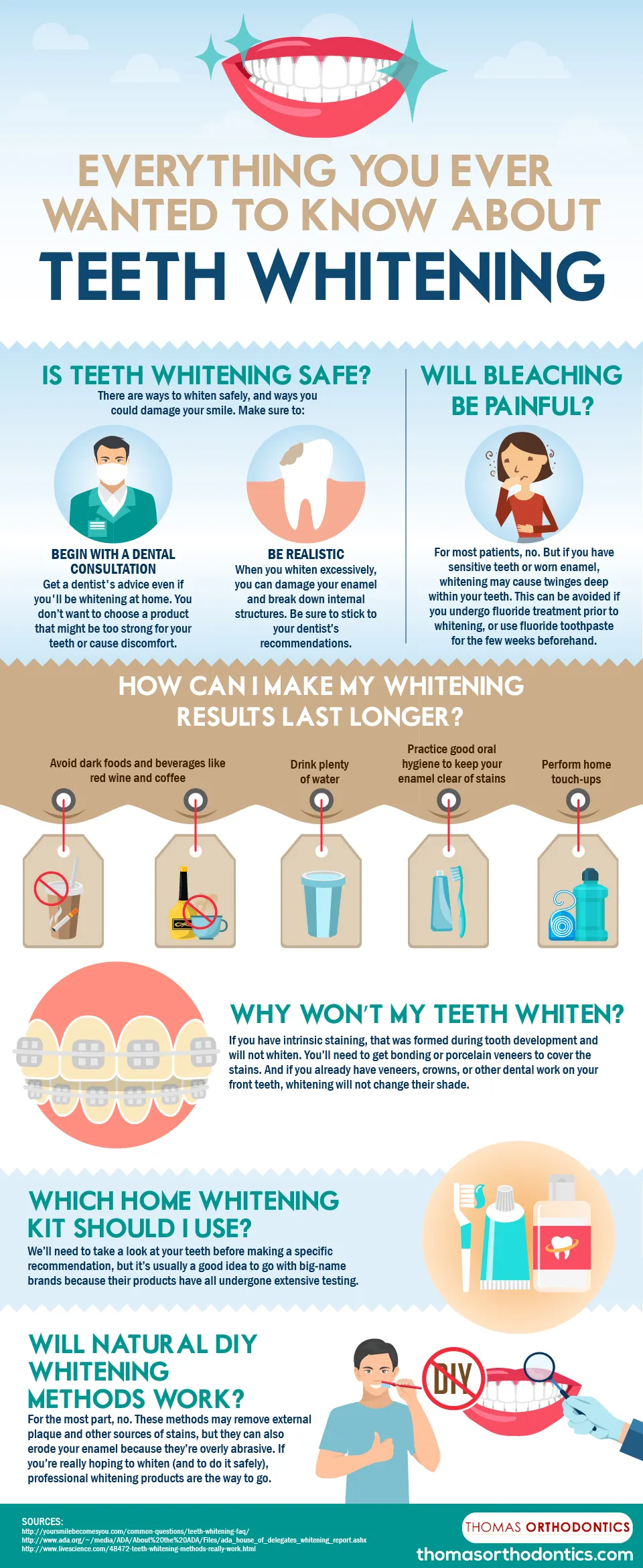
There are several ways to manage teeth sensitivity after whitening. Using a toothpaste designed for sensitive teeth can help to reduce discomfort. These toothpastes often contain ingredients that block the nerve pathways in your teeth. Avoid consuming very hot or cold foods and drinks, as these can exacerbate sensitivity. Your dentist may also recommend a fluoride treatment or prescribe a desensitizing gel to apply to your teeth. By taking proactive steps to manage sensitivity, you can ensure a more comfortable experience and minimize any potential complications.
In conclusion, maintaining a bright, white smile after teeth whitening requires diligence and attention to detail. Avoiding staining foods and drinks, practicing good oral hygiene, following aftercare instructions, and managing sensitivity are all essential. By being mindful of these common mistakes, you can maximize the results of your teeth whitening treatment and enjoy a confident, radiant smile for years to come. Remember, taking care of your teeth is an investment in your overall health and well-being.
